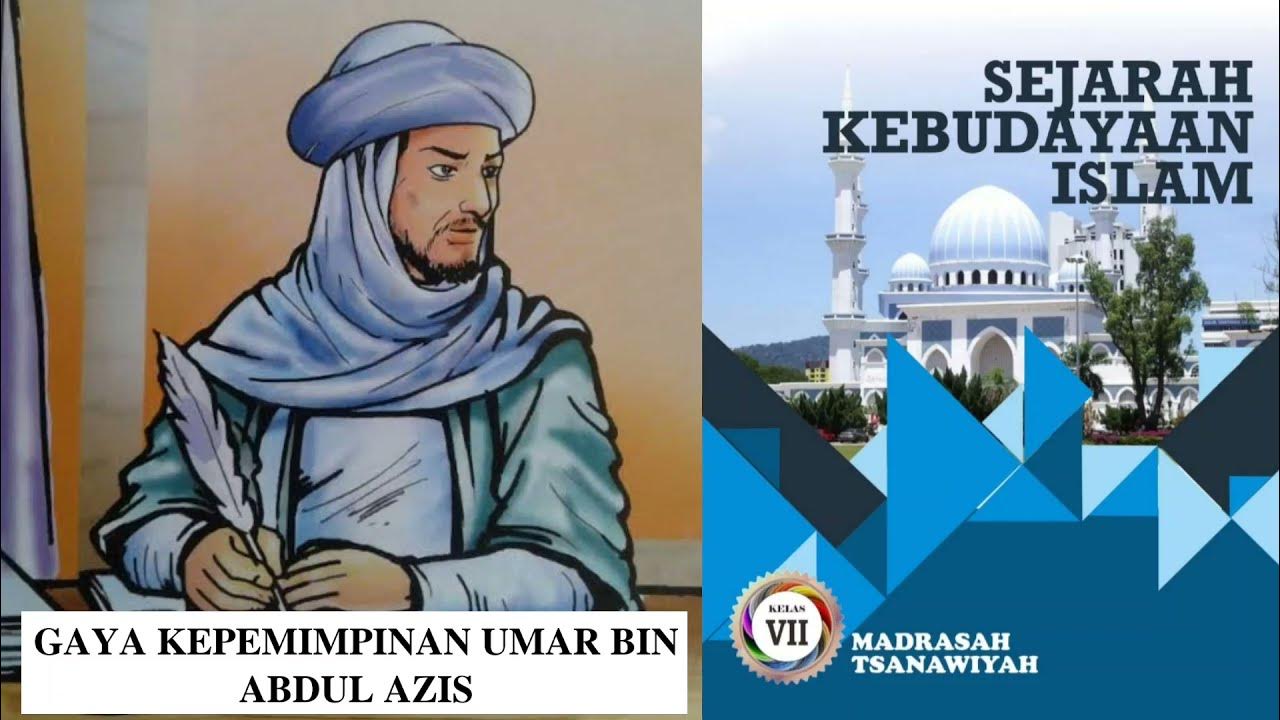Ngaji Filsafat | Hiduplah Yang Sederhana-sederhana Saja - Ust. Dr. Fahruddin Faiz
Summary
TLDRThe transcript highlights the life and leadership of Umar bin Abdul Aziz, focusing on his unwavering integrity, simplicity, and commitment to justice. Despite his position as Caliph, Umar lived modestly, avoiding luxury and corruption, and prioritizing the welfare of his people. He exemplified 'wara' (caution) by rejecting questionable practices, even from his own family. His ethical stance, including his refusal to accept gifts or bribes, eventually led to his assassination. Umar’s reign, though short, remains a model for ethical leadership, showing that true power lies in humility, accountability, and serving the greater good.
Takeaways
- 😀 Umar bin Abdul Aziz was known for his extreme caution in avoiding even questionable actions, emphasizing ethical leadership.
- 😀 He returned all personal wealth and assets to the state treasury, living a life of simplicity and ensuring public resources were used responsibly.
- 😀 Despite being a caliph, Umar adopted a modest lifestyle, wearing worn-out clothes and relying on simple food like beans and nuts.
- 😀 Umar's family and even his household staff were held to the same strict ethical standards, with no special privileges granted.
- 😀 He rejected the practice of accepting gifts from subordinates, considering them bribes that could later lead to conflicts of interest.
- 😀 Umar's leadership was grounded in the idea of serving the people rather than benefiting from his position of power.
- 😀 His commitment to ethical principles ultimately led to his assassination, orchestrated by his own family who resented his refusal to indulge in luxury.
- 😀 Umar paid careful attention to state resources, personally calculating the cost of firewood and reimbursing the treasury for personal use.
- 😀 Despite his austerity, Umar's leadership earned the trust and respect of the people, as they saw him as a ruler who was not motivated by personal gain.
- 😀 The moral lessons from Umar's life include prioritizing ethical governance, simplicity, justice, and transparency over wealth and power.
Q & A
What key principle did Umar bin Abdul Aziz emphasize in his leadership?
-Umar bin Abdul Aziz emphasized the principle of 'warak' or caution in moral and ethical choices. He avoided even doubtful actions (syubhat) and discouraged anything that might lead to wrongdoing, focusing on purity in leadership and decision-making.
How did Umar bin Abdul Aziz's lifestyle differ from other rulers of his time?
-Unlike other rulers who lived in luxury, Umar bin Abdul Aziz led a life of extreme simplicity. He rejected material comforts and personal wealth, urging his family to return any state funds or personal wealth, choosing a humble lifestyle despite being the caliph.
What was the impact of Umar bin Abdul Aziz’s approach to wealth and luxury on his family?
-Umar’s approach to wealth and luxury created tension within his family, as they were accustomed to a lavish lifestyle. His insistence on returning wealth to the state and living simply eventually led to his betrayal and assassination by family members who resented his reforms.
What significant action did Umar bin Abdul Aziz take regarding the wealth of the state?
-Umar bin Abdul Aziz returned all wealth from the state's treasury (Baitul Mal) and even asked his family to give up their personal wealth, directing everything back to the state to ensure fairness and the welfare of the people.
How did Umar bin Abdul Aziz’s leadership influence his personal life?
-Umar's leadership greatly influenced his personal life, leading him to live a life of austerity. He lived in a modest manner, wearing the same clothes for extended periods, even when receiving visitors or attending official duties, to reflect his commitment to simplicity and humility.
What was Umar bin Abdul Aziz's reaction when he received gifts from others?
-Umar bin Abdul Aziz refused to accept gifts, viewing them as potential bribes or forms of manipulation, which could later be used to demand favors. He believed that such gifts were not genuine but could later lead to obligations or compromises in his leadership.
Why did Umar bin Abdul Aziz reject the luxury of gifts and personal possessions?
-Umar bin Abdul Aziz rejected luxury and personal possessions to avoid corruption and favoritism. He saw gifts as potential bribes and believed that true leadership required distancing oneself from such material distractions to remain fair and just.
How did Umar bin Abdul Aziz handle the state’s resources when he needed personal items?
-Umar bin Abdul Aziz was meticulous about using state resources. For example, when he needed firewood to heat water for personal use, he calculated the cost of the wood used, emphasizing accountability and transparency in using public resources for personal needs.
What event in Umar bin Abdul Aziz’s life led to his tragic death?
-Umar bin Abdul Aziz was poisoned by his own servants, likely due to the resentment of his family members who disagreed with his ascetic lifestyle and reforms. His commitment to a simple life and redistribution of wealth contributed to his assassination.
What does the story of Umar bin Abdul Aziz teach about leadership and moral integrity?
-The story of Umar bin Abdul Aziz teaches that true leadership is based on moral integrity, simplicity, and dedication to justice. It highlights the importance of avoiding corruption, living simply, and prioritizing the welfare of the people over personal gain, even at great personal cost.
Outlines

このセクションは有料ユーザー限定です。 アクセスするには、アップグレードをお願いします。
今すぐアップグレードMindmap

このセクションは有料ユーザー限定です。 アクセスするには、アップグレードをお願いします。
今すぐアップグレードKeywords

このセクションは有料ユーザー限定です。 アクセスするには、アップグレードをお願いします。
今すぐアップグレードHighlights

このセクションは有料ユーザー限定です。 アクセスするには、アップグレードをお願いします。
今すぐアップグレードTranscripts

このセクションは有料ユーザー限定です。 アクセスするには、アップグレードをお願いします。
今すぐアップグレード関連動画をさらに表示

UMAR BIN ABDUL AZIZ DAN KEPEMIMPINAN: 3 TIPS MENGEJUTKAN YANG WAJIB KAMU PELAJARI! #kisahnabi #kisah

Gaya Kepemimpinan Umar Bin Abdul Aziz | SKI Kelas 7 MTs Semester 2

Kisah Khalifah Umar Bin Abdul Aziz Dan Madu || Kisah Anak Muslim

BIOGRAFI UMAR BIN ABDUL AZIZ -- Lengkap

KISAH MENGHARUKAN UMAR BIN KHATTAB | USTADZ KHALID BASALAMAH

Perjuangan Abu Bakar dan Umar | Sinau - Semangat mencari Ilmu @kkgpaibalkot
5.0 / 5 (0 votes)
